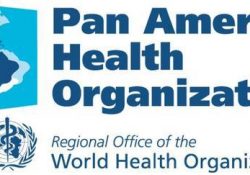Switzerland’s intellectual property rules are often different from what you might expect
The US Department of State “2009 Investment Climate Statement for Switzerland” provides an interesting and often unexpected portrait of the intellectual property landscape for a country that is often a hard-liner in global IPR negotiations. Continue Reading
